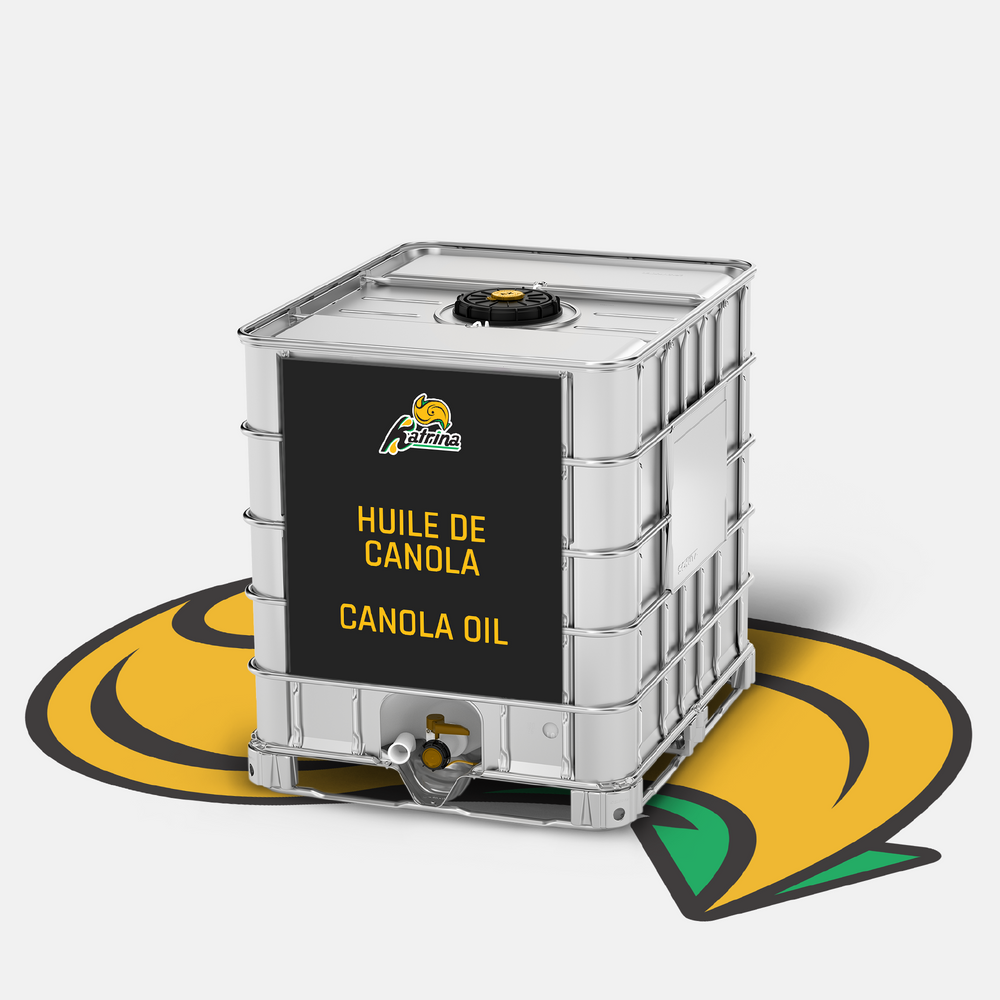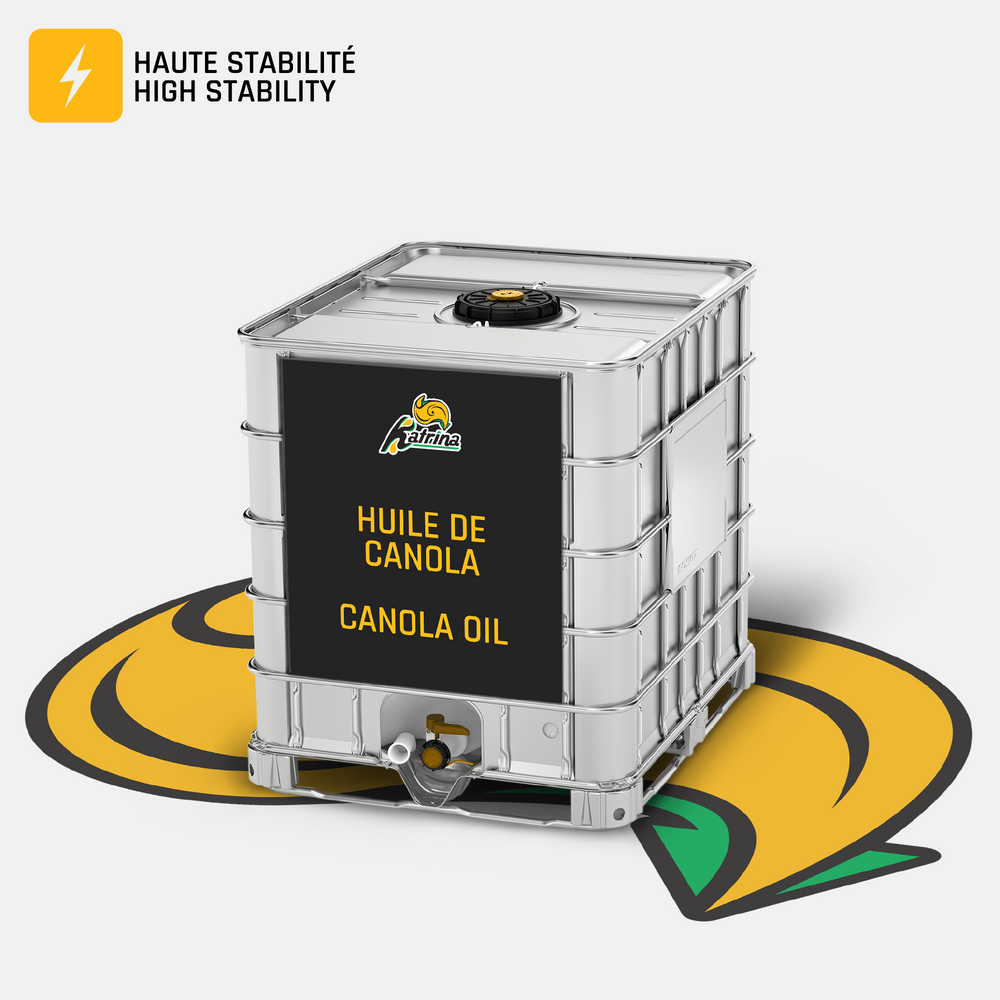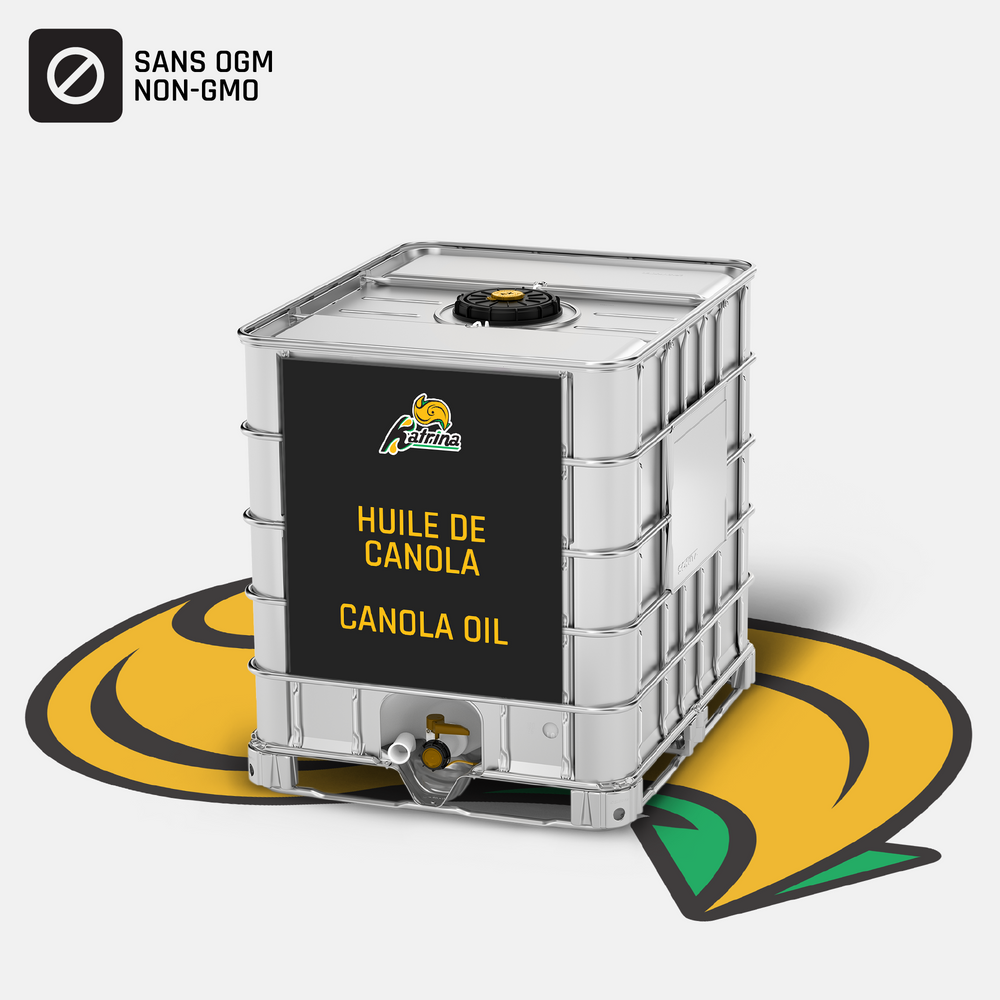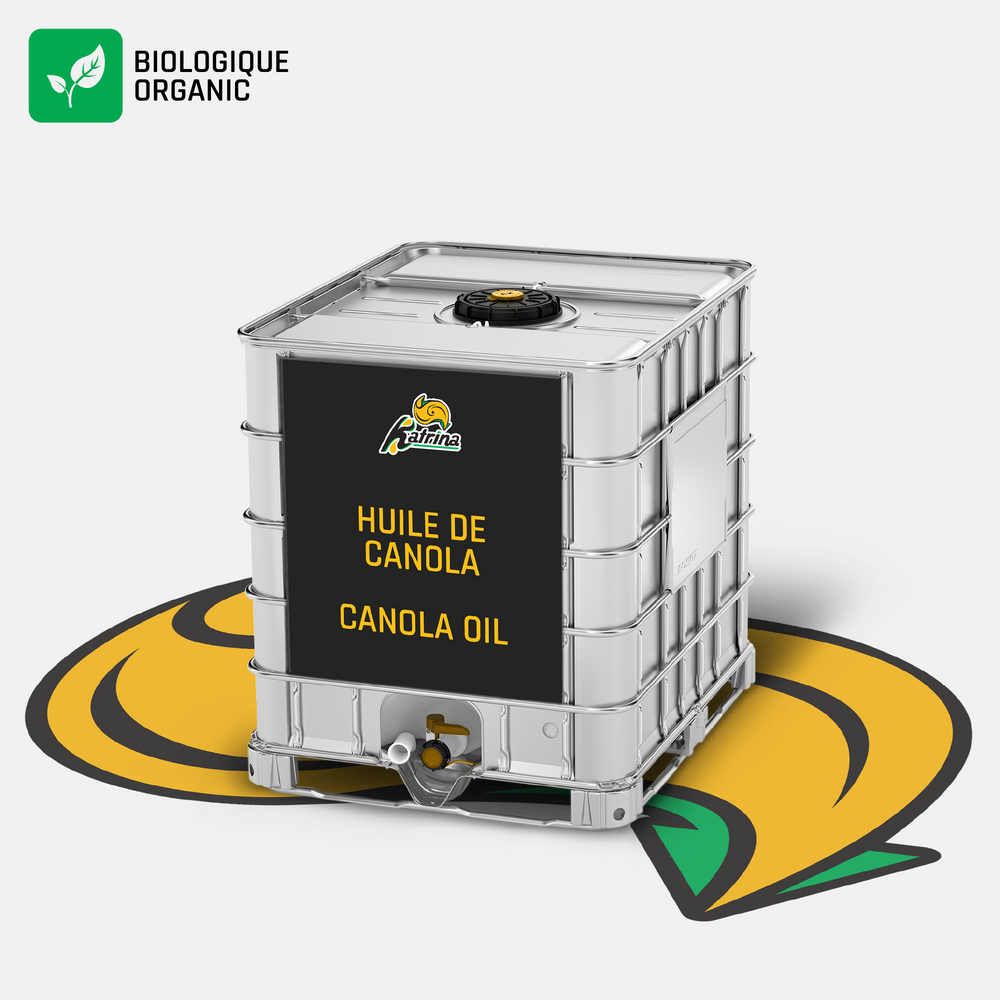Corn Oil vs. Canola Oil: Which is Better for Cooking?
Corn oil and canola oil are two of the most common oils found in both home and commercial kitchens. But how do they compare when it comes to health benefits, cooking performance, and cost?
In this guide, we'll break down the differences between corn oil and canola oil, including their health benefits and best uses, so you'll know which one fits your needs better.
Corn Oil vs Canola Oil
Corn oil is made from the germ or nutrient-rich core of the corn kernels. It's produced by milling the corn first, then extracting the oil using chemical solvents like hexane. This oil is further refined to remove impurities and make it safe for consumption, resulting in a neutral-flavoured cooking oil. Cold-pressed corn oil is also available, but it is not widely produced due to its higher cost and lower yield.
Canola oil, on the other hand, is made from the seeds of the canola plant. It can be extracted using solvents or with a mechanical press. Similar to corn oil, solvent-extracted canola oil undergoes a refinement process. Alternatively, the canola seeds can be cold-pressed or expeller-pressed to preserve more nutrients and natural purity.
Health Benefits
Corn oil is a rich source of polyunsaturated fats, including omega-6 fatty acids. These fats can support heart health when consumed as part of a balanced diet. However, excessive omega-6 intake without sufficient omega-3s to balance it may contribute to inflammation over time.
On the other hand, canola oil offers a healthier fat profile. It’s rich in monounsaturated fats and contains approximately 10% omega-3 fatty acids (ALA) in addition to omega-6, promoting cardiovascular health and lowering bad cholesterol (LDL). It's also a good source of vitamin E, phytosterols, and tocopherols, which provide antioxidant benefits.
Which is healthier, corn oil or canola oil?
Canola oil is the more heart-healthy option compared to corn oil because of its better omega-6 to omega-3 ratio.
Cooking with Corn Oil vs Canola Oil
Both corn oil and canola oil can often be used interchangeably in recipes, but their unique properties make each better suited for specific applications.
Smoke point: Corn oil has a high smoke point of approximately 453°F (234°C), while canola oil goes up to 468°F (242°C), making both excellent for deep frying, roasting, and other high-heat cooking methods.
Flavour Profile: Both oils are considered neutral oils, meaning they have mild flavours that won't overpower your dishes. However, there might be slight differences in taste if you use unrefined oil. Corn oil's mild sweetness goes well with fried foods and popcorn. In contrast, canola oil's completely neutral flavour is ideal for recipes like baked goods, salad dressings, and marinades, where the oil's taste should remain undetectable.
Should I use corn or canola oil for frying and deep-frying?
Refined corn and canola oils are suitable for frying and deep-frying due to their high smoke points. High stability canola oil is a top choice for commercial settings due to its stability under high heat and longer shelf life.
Is canola oil better than corn oil for baking?
Yes, canola oil’s neutral flavour and heart-health benefits make it more preferable for baked goods than corn oil because it won't add strong flavours to the food.
Comparing the Cost of Canola vs Corn Oil
Cost is another important factor when choosing between corn oil and canola oil. Corn oil is often the more economical option, making it a favourite for restaurants and manufacturers needing bulk quantities of oil for frying. Its affordability and availability make it a practical choice for large-scale cooking.
Canola oil, while slightly more expensive, offers added nutritional benefits and is worth considering if you're seeking a more health-conscious option.
Which One Should I Use?
The right oil for you depends on your cooking style, health priorities, and flavour preferences.
Choose Corn Oil if:
- You need an affordable option for commercial or large-scale cooking.
- You’re preparing dishes that benefit from a mild, slightly sweet flavour.
Choose Canola Oil if:
- You’re looking for a heart-healthy oil with a better omega-6 to omega-3 balance.
- You’re baking, making sauces, or preparing dishes where a neutral flavour is essential.
Related posts:
Cooking Oil Smoke Point Chart: What's Best for High Heat?
Canola vs. Sunflower Oil: Which One Should I Use?
Alternatives for Canola Oil: Cooking, Baking, and Other Uses













